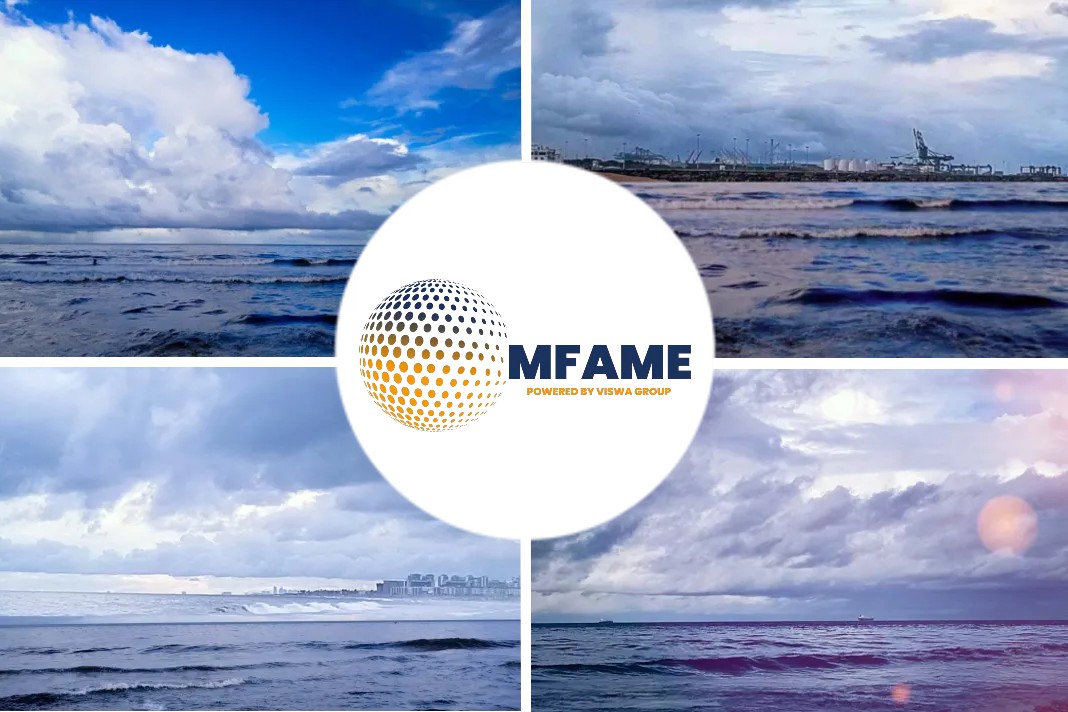
According to shipping group Maersk, fashion brands play a significant role in driving the demand for environmentally-friendly shipping fuels. With increasing pressure from consumers and regulators to minimize their climate impact, the fashion sector is actively seeking ways to reduce its carbon footprint, as reported by Marine Link.
ECO delivery
The retail industry’s extensive global shipping of clothes from production centres in countries like China, Vietnam, and Bangladesh contributes to significant carbon dioxide emissions. The textile sector as a whole is estimated to be responsible for 2% to 8% of global greenhouse gas emissions. In response, the shipping industry, which aims to achieve net-zero emissions by 2050, has started offering low-emission fuels such as biofuels derived from cooking oil, food waste, and renewable energy-produced methanol as alternatives to fuel oil. The fashion industry leads in adopting these low-emission fuel services, with 26% of Maersk’s more than 240,000 containers shipped last year using biofuels designated for fashion brands. Fashion companies are driven both by their commitment to sustainability and consumer pressure. Approximately 10% of Maersk’s containers for fashion brands were shipped using biofuels, with ECO Delivery contracts sold at a premium compared to regular shipping.
Methanol push
Fashion brands and retailers are increasingly responding to environmental concerns raised by their younger and affluent customer base. Companies are making commitments to reduce emissions and minimize their climate impact. H&M, the world’s second-largest fashion retailer, has been purchasing eco-fuel for a significant portion of its ocean transports and aims to become “climate positive” by 2040. Retail giants like Amazon and IKEA have committed to fully transitioning to zero-carbon fuel shipping by 2040. Biofuels have shown the potential to reduce emissions by over 80% in container shipping, although they currently account for a small percentage of total seaborne volumes. Methanol is also gaining interest as an alternative fuel, with Maersk ordering 25 vessels that can operate on both fuel oil and methanol. The fashion industry’s demand for greener alternatives is driving the development of sustainable fuel options in the shipping industry.
Did you subscribe to our newsletter?
It’s free! Click here to subscribe!
Source: Marine Link






















